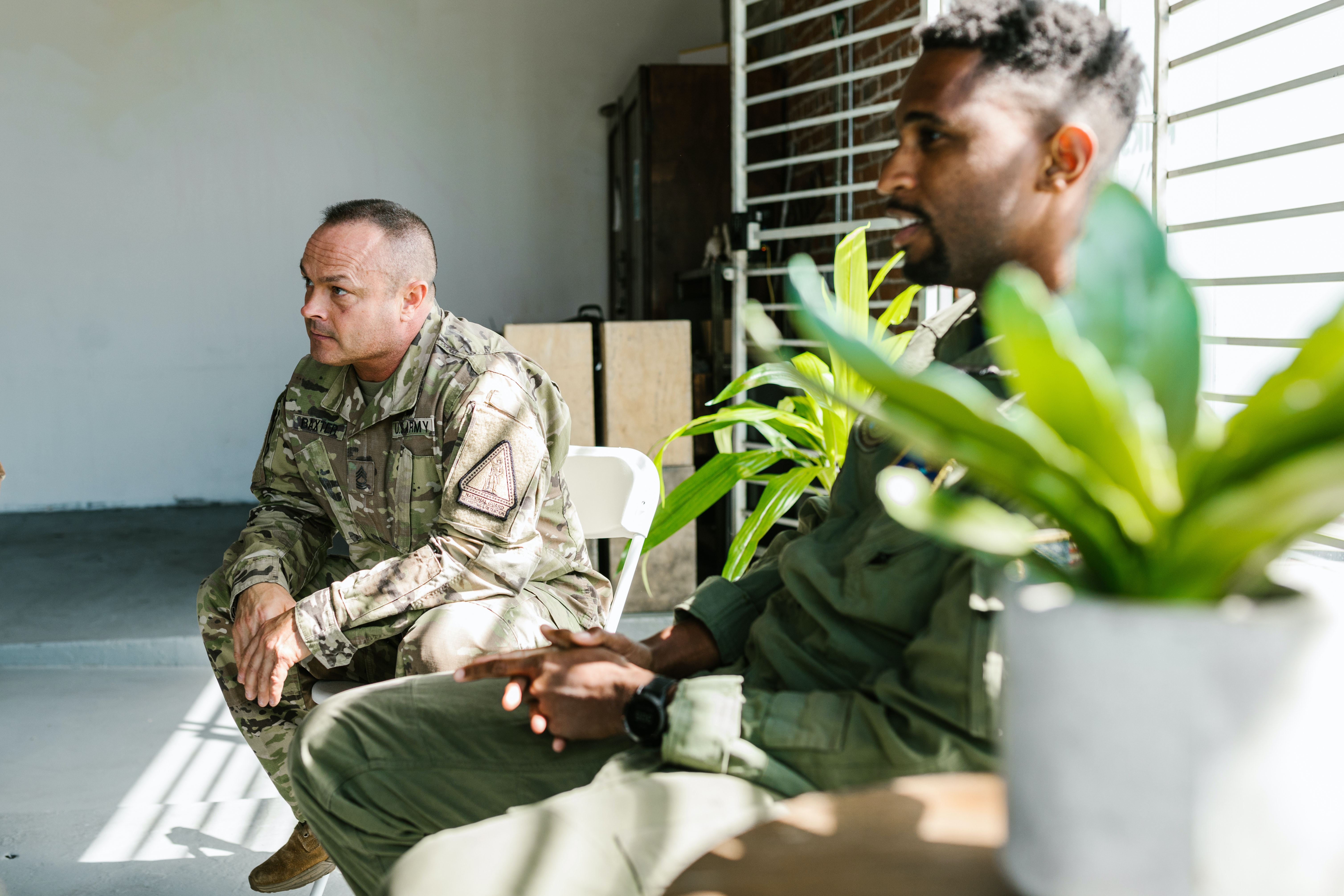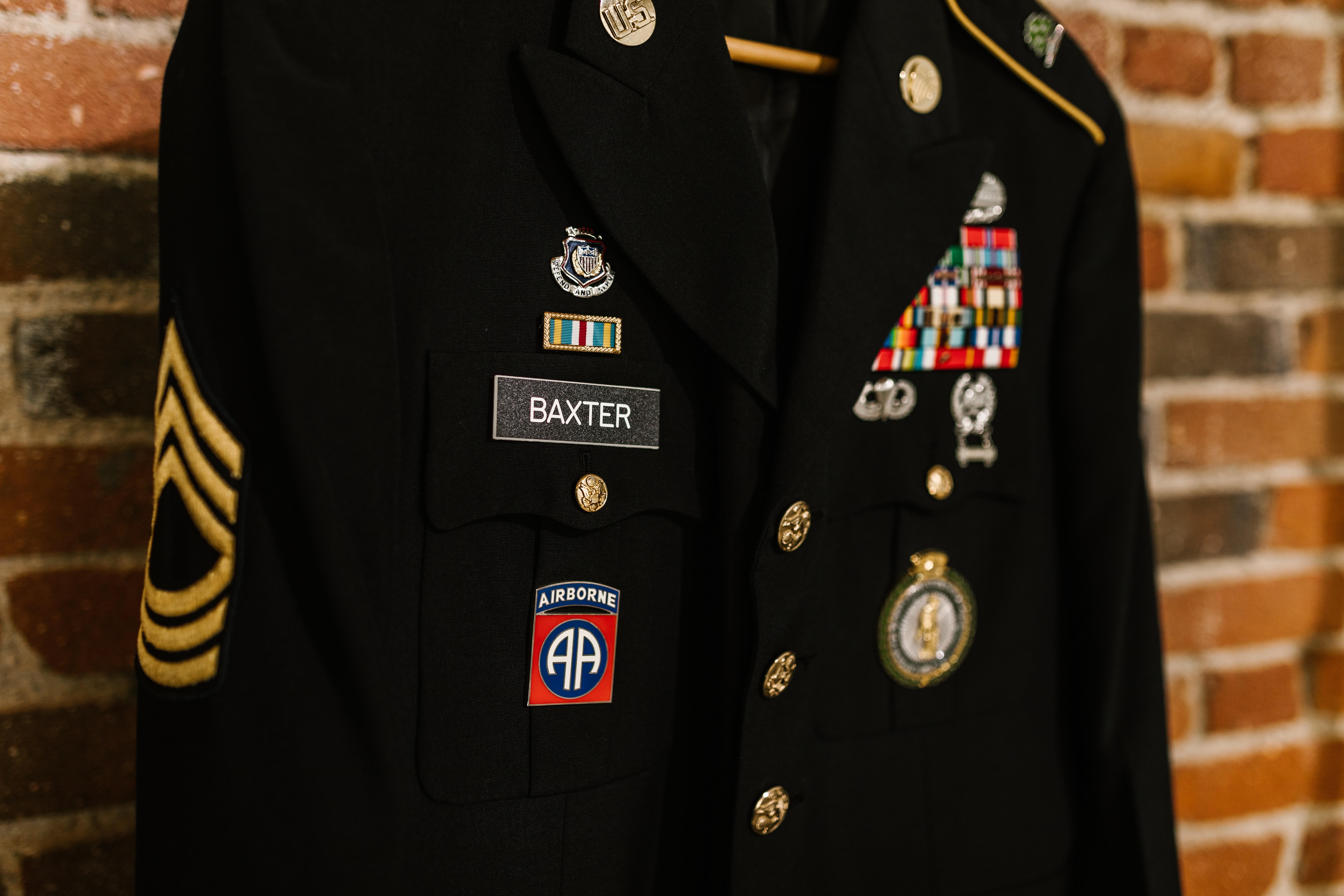Veterans served our country in ways that many civilians can never understand or truly appreciate. While in the service of our country, many veterans suffer unimaginable trauma, both physical and mental. Our country has always tried to support our veterans as they return from overseas and try to assimilate back into civilian life, but for many, that transition is hard and often fraught with mental and physical health challenges.
Veteran’s Disability Law is an extremely complex area of law. Prior to 2006, veterans were not allowed to hire VA disability lawyers to represent them in the Regional Office and the BVA. This law was changed in 2006 when Congress finally recognized that veterans should have the right to hire VA claim lawyers in this very important area of law. In veteran’s disability claims, a VA disability lawyer can help clarify the issues and ensure that the claim is properly supported by evidence so that the claim can be appealed, if necessary.
Because of the complex nature of the law and the VA’s propensity to deny claims to deserving veterans and their dependents, it’s necessary to have people on your side, focused solely on your case and what you need in order to be made as whole as possible.
That’s where we step in. We strive to make sure that our veterans get the care they need and deserve. We love veterans and we our proud of the veterans in our own families who have served in every major war the United States has fought in the last 100 years. We decided to pursue VA Disability law because we saw the struggles many of our family members and friends faced as they returned home from the service. While many of them never received the care they needed, we don’t want you to suffer the same fate.
Call the attorneys at Harmon and Gorove today to learn how we can help you get the help you deserve.



